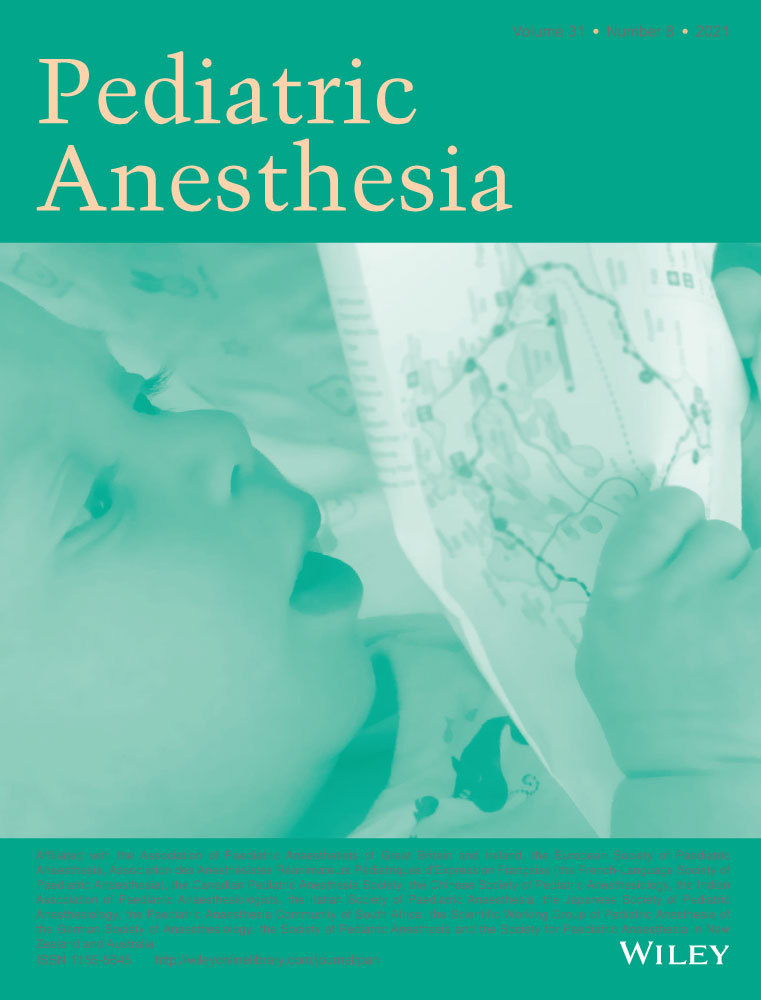A practical and ethical toolkit for last-minute refusal of anesthetic in children
Abstract
Children's fear of a procedure, including the anesthetic, is a common issue that operating theatre staff face. This fear is generally mitigated by preesthetic preparation and information sharing. Last-minute refusal of a procedure creates unique difficulties for the anesthetist and proceduralist. Refusal for a procedure raises issues of whether the dissent is binding, and if not, how best to get the child to theatre without creating moral injury. In this case review of a young adolescent who refuses to go to the operating theatre, we explore practical and ethical options to resolve the situation. We discuss respect for persons (including assent and consent), best interests, truth-telling, harm minimization, and restraint. The importance of a postevent debrief is discussed. We also assess the value of a clinical ethics service with team members embedded in clinical teams.
Open Research
DATA AVAILABILITY STATEMENT
Data sharing is not applicable to this article as no new data were created or analyzed in this study.




